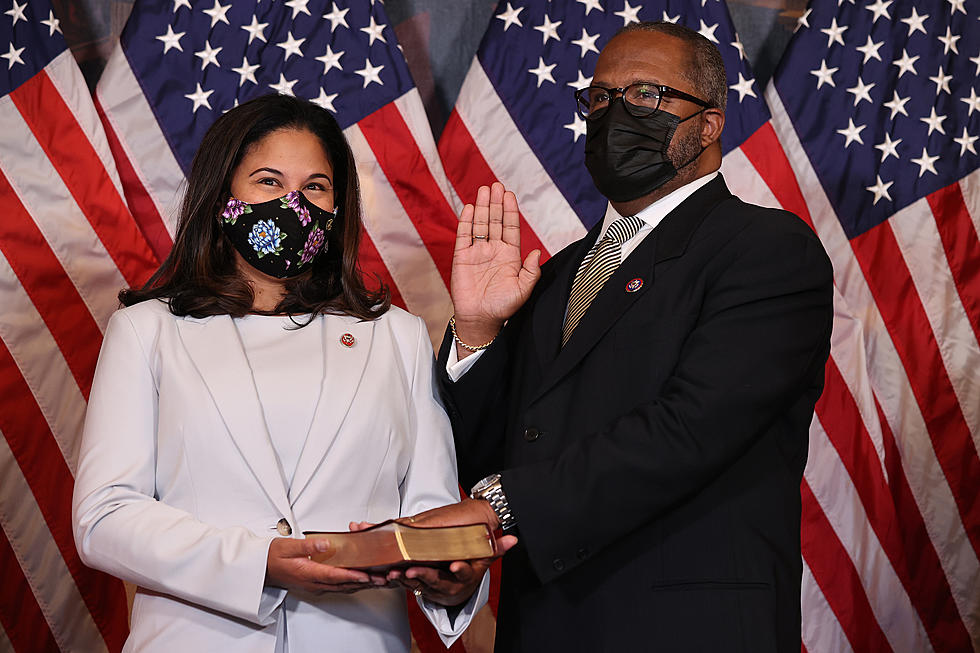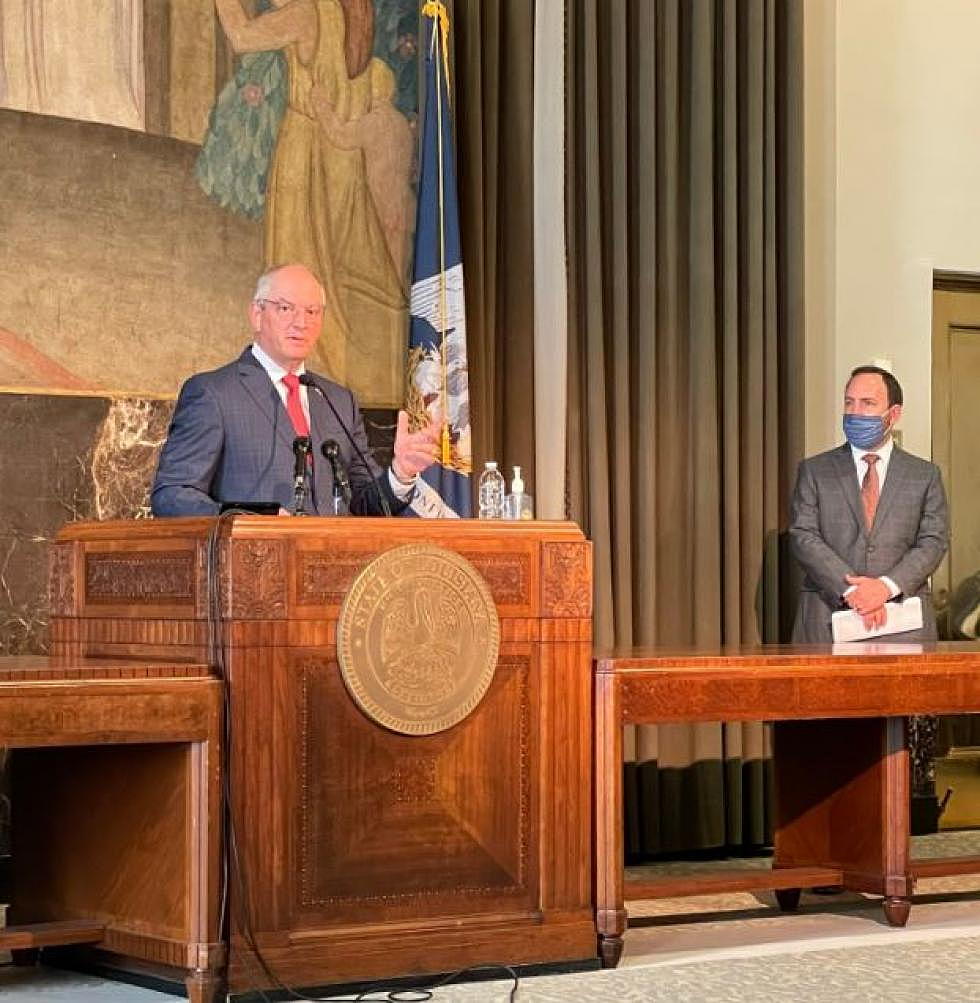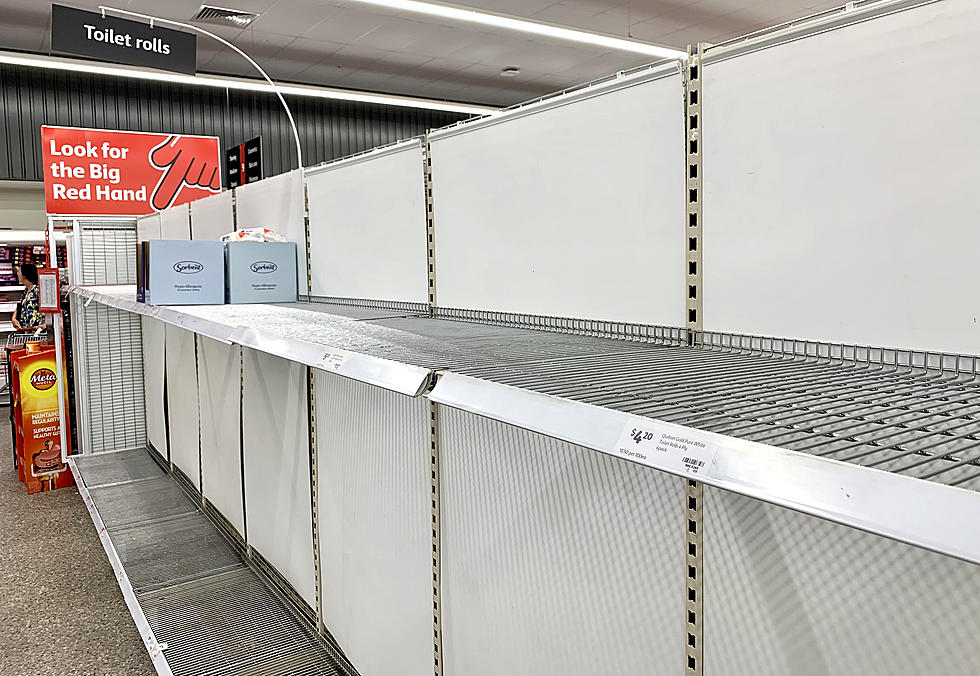
LA Congressman Wants Expanded Benefits Back Due to Ida and Delta

Back at the end of July, Governor Jon Bel Edwards became the first Democratic governor in the United States to end enhanced unemployment benefits. According to CNN, the deal was a compromise to raise the regular benefit for those without a job in Louisiana by $28 to $275 per week. At the time, most of us assumed that we were emerging from the COVID-19 pandemic. Because of that (erroneous) assumption, it seemed to be a pretty good compromise.
The Case For Bringing the Expanded Benefits Back
Then, the Delta variant of the virus responsible for COVID-19 began to rise - and with it so did the number of new cases in the state. Once again, we are seeing reports of hospitals at maximum capacity, mask mandates, and event cancellations. When you combine that with the utter devastation Louisiana is dealing with now thanks to the destructive force of the category 4 hurricane named Ida.
The Man Behind the Plan
According to the ArkLaTex Homepage, a Louisiana congressman is now asking the Governor to reinstate the expanded unemployment benefits that many families in our state relied upon to make ends meet when they were laid-off or fired as a direct response to the pandemic. Since things seem to be once again sliding towards a difficult future in the short-term, Democratic Congressman Troy A. Carter Sr. has formally requested the reinstatement in a letter sent to Edwards - and has requested that it be done retroactively.
What Does That Mean for the Unemployed?
That means that, if Carter's plan comes to fruition - those who were still drawing unemployment benefits when the extra help was halted would get "back pay" equaling the difference between the regular benefit they were receiving and the extra money allowed in the expanded benefits as soon as it is once again activated. As for his reasoning, here is an excerpt from the letter he delivered to the governor:
Thousands of Louisianians are looking for ways to pay for hotel rooms, gas, and basic necessities. Reinstating expanded unemployment benefits will enable many people the means to access food and shelter; basic necessities that every human should be afforded regardless of their employment or financial circumstances. Governor, the time to act is now.
The Ball is in Governor Jon Bel Edwards Court Now
No word from the governor's office in the form of a response to the aforementioned letter had been released at the time of this report.
LOOK: The most expensive weather and climate disasters in recent decades
KEEP READING: 50 community resources supporting Americans financially impacted by COVID-19
More From 92.9 The Lake









